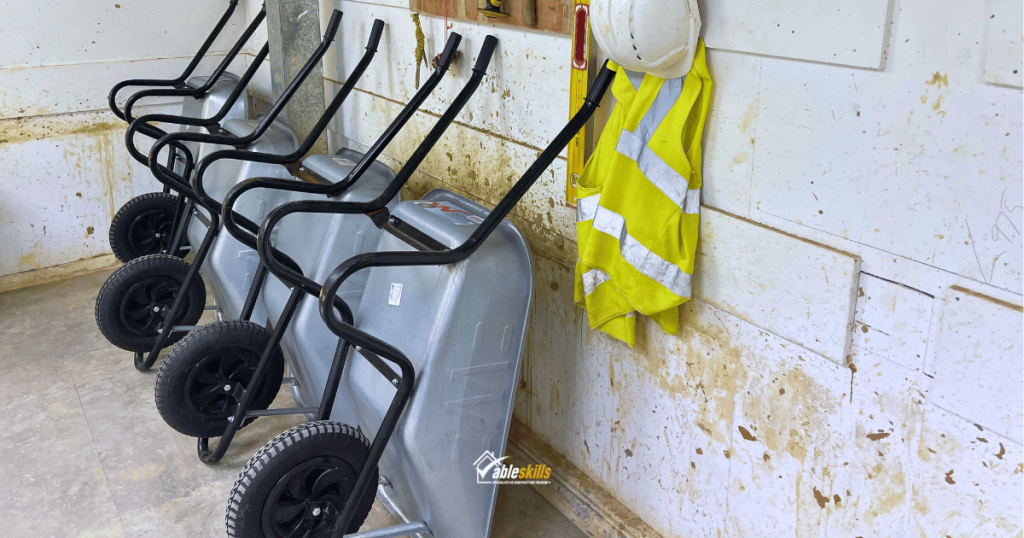
Once your training is complete and you’ve achieved all the necessary qualifications the next stage in your career will likely be beginning to seek out work opportunities.
When first entering any profession, the prospect of finding work for the first time can understandably be a little daunting. However, with skills shortages still a major issue for the construction industry, those stepping into the profession now are doing so with their skills likely in high demand.
There are a number of different ways to approach this process and everyone’s career progression will be completely unique. The way in which you seek out work will also vary depending on factors like whether you work in domestic or commercial construction, whether you choose to work for yourself or as a contractor and what sector you expect to be working in.
With that being said, there are a number of methods that most new tradespeople can employ when it comes to finding work early on in their careers, a few of which we’ve detailed below.
Expand your skill set to meet demand
When undertaking your training, take the time to research which skills are likely to be in high demand when you do qualify. Investing in add-on or advanced training in these areas is a great way to make yourself more appealing to potential employers and customers.
For example, energy efficiency is a major priority across the construction industry and in the minds of homeowners right now, so gas engineers and plumbers may want to add this expertise by completing an Energy Efficiency course.
Apply for your CSCS Card
Most UK construction sites now require any worker to hold a CSCS card before they’re able to enter and carry out work. If site work is something you’re interested in and expecting to be doing, then it's best to apply for your CSCS Card as soon as possible.
Register with Gas Safe
By law, anyone working with a gas appliance must be a member of the Gas Safe Register. If you’re a gas engineer working in any capacity, this is a mandatory requirement and applying for this as soon as possible will help you avoid any delays in starting work.
To join the register, engineers must demonstrate competence by completing an Accredited Certification Scheme (ACS). ACS accreditation lasts for five years, at which point a reassessment must be taken to renew.
Embrace technology
Whether it’s using an online booking system to make things easy for your customers, leveraging social media and digital ads to grow your business or joining registries like Checkatrade to find regular work, technology is now a major part of the construction industry and can be an extremely effective and cost-effective way of keeping your work schedule busy.
Keep your CV up to date
It may sound obvious, but having an up to date CV is essential when it comes to finding potential work. Be sure to include all the relevant experience you possess, and take the time to tailor your CV to the positions you’re applying for.
Build your network
From the moment you begin training, it’s worth keeping in mind that everyone you meet in the industry could become a very useful contact further down the line in your career. You never know when a chance meeting could wind up leading to a dream job opportunity.